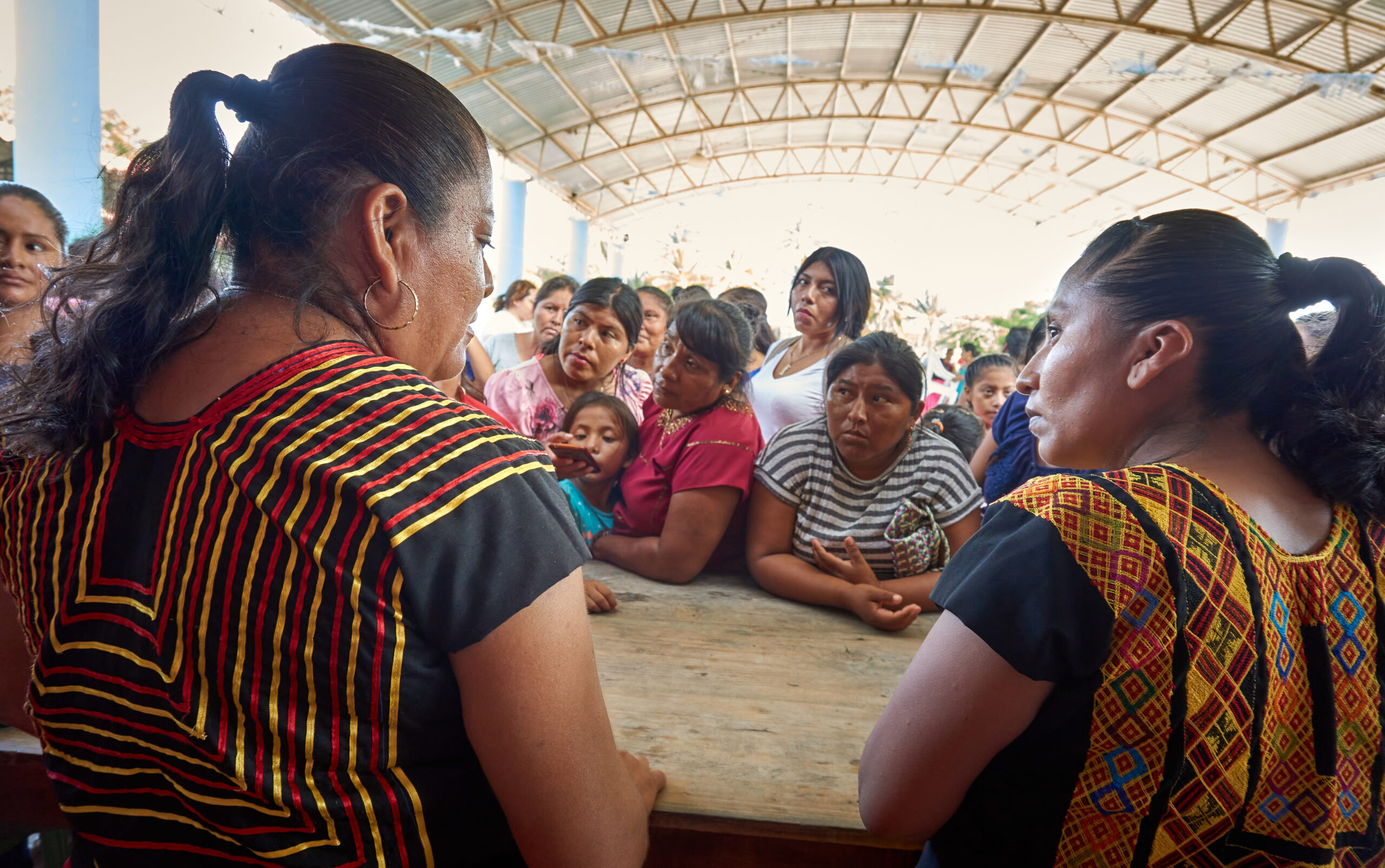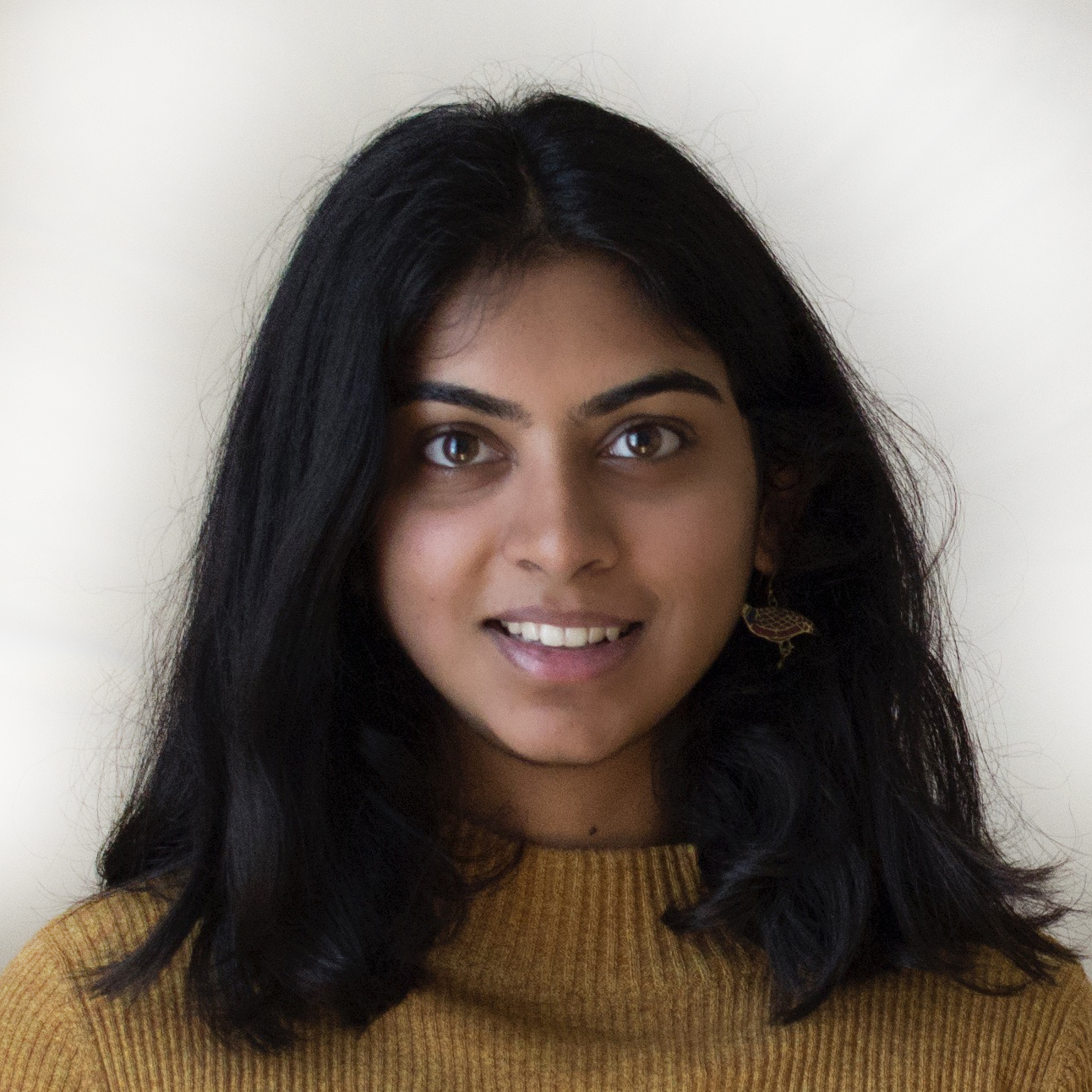At Trickle Up, we serve the estimated 383 million women living in extreme poverty who are frequently facing multiple, intersecting vulnerabilities and barriers. One of the most compelling things to witness among our participants across India, Uganda, Mexico, and Guatemala, is the solidarity that stems from their active participation in savings groups. While these groups are established to build savings and promote financial inclusion, they also serve as a mechanism for Trickle Up and its partners to deliver training and coaching. The group nature of these activities and the time frame of our programs anchor these women in group solidarity, creating an environment that builds psychosocial resilience.
Marina Gómez Álvarez, a Trickle Up savings group participant in Chiapas, Mexico, explained, “In the savings group we’ve been supporting each other. Some women have taken out extra loans. We had to think about how to continue saving and what businesses we could start. It gives me strength that we are united, and we motivate each other. We talk about our problems or certain circumstances that are not going well for us. The more advice, the better the results.”
The personal transformation that women like Marina experience can be seen in their increased self-confidence and capacity to aspire. Trickle Up’s peers in the Graduation Approach space affirm these findings. BRAC, BOMA, Village Enterprise, and Fundación Capital all work towards the economic inclusion of women in extreme poverty and have noted the under-measured and under-recognized psychosocial impact of these types of programs. While focusing on economic inclusion, we have uncovered an additional benefit to our work in psychosocial resilience to future shocks like COVID-19 and climate change.
Wendy Chamberlin, who works at Busara, has been studying this for a while. “Group-based models create social resilience,” she explains, “that helps with decision-making and asset management.” Wendy adds that “the confidence to make decisions and adapt to adverse situations will become increasingly critical as these populations face the devastating impacts of climate change.”
StrongMinds, SEWA, Solar Sister, and CARE, all work with small groups of women to deliver social change and have also recognized the important psychosocial support that groups provide. Programs that are led and delivered through small groups of 20 to 25 women working together in low-resource settings over several years create an informal support system that is not only an effective mechanism for the delivery of services but also provides long-term and trusted support to group members. The result is that women who regularly participate in these groups build resilience, accelerating social change in their communities.
StrongMinds focuses on group interpersonal psychotherapy to address symptoms of depression faced by women living in extreme poverty in Africa. Sean Mayberry, StrongMinds’ founder, believes that the benefits women derive from simply being together in support groups are as important as the actual therapy.
The Self Employed Women’s Association (SEWA) is a 2.5 million-strong women’s membership organization based in India, with an “integrated and holistic view of informal women workers, and new and innovative ways to fight poverty and vulnerability.” Women meet in small groups and follow a structured meeting agenda that promotes voice, participation, and solidarity. Smita Bhatnagar and Mansi Shah said, “At SEWA, we believe that freedom is enjoying self-reliance – both economic and mental – in thinking and in decision-making.” Self-reliance is a learned skill that is reinforced in a small group setting.
Katherine Lucy, founder and CEO of Solar Sister, a network of women entrepreneurs with the dual objective of women’s economic empowerment and clean energy for remote communities, explained “[Despite] the effects of the COVID-19 pandemic on local economies and global supply chains, Solar Sister Entrepreneurs remained resilient and not only survived but thrived.” She believes that while the training and mentoring is the reason groups come together, the social and emotional support group members attain is one of the reasons Solar Sisters continue to meet.
CARE’s Women in Village Savings and Loans (VSLA) Respond team in Africa observed 50% stronger outcomes in terms of food security and economic well-being than families who were not part of village savings and loan associations (VSLAs) during the COVID-19 pandemic. Kalkidan Lakew Yihun, Program Coordinator on the team, has spent months listening to and learning from women in VSLAs to better understand their experiences, challenges, and crisis-related response and recovery. Yihun heard firsthand how savings groups solved community issues during COVID-19 such as access to education or markets. Creating and delivering social change with and through small groups of women, creates psychosocial resilience and emotional wellbeing to overcome disproportionate effects of shocks like COVID-19 and climate change. By recognizing and supporting the resilience, creativity, and leadership that emerge from women’s solidarity groups, development actors can prove their own solidarity with the women we serve.
Happy International Women’s Day!




